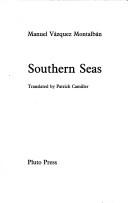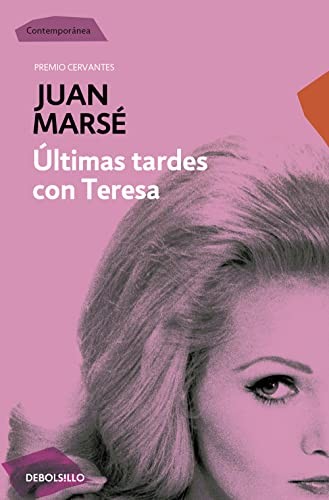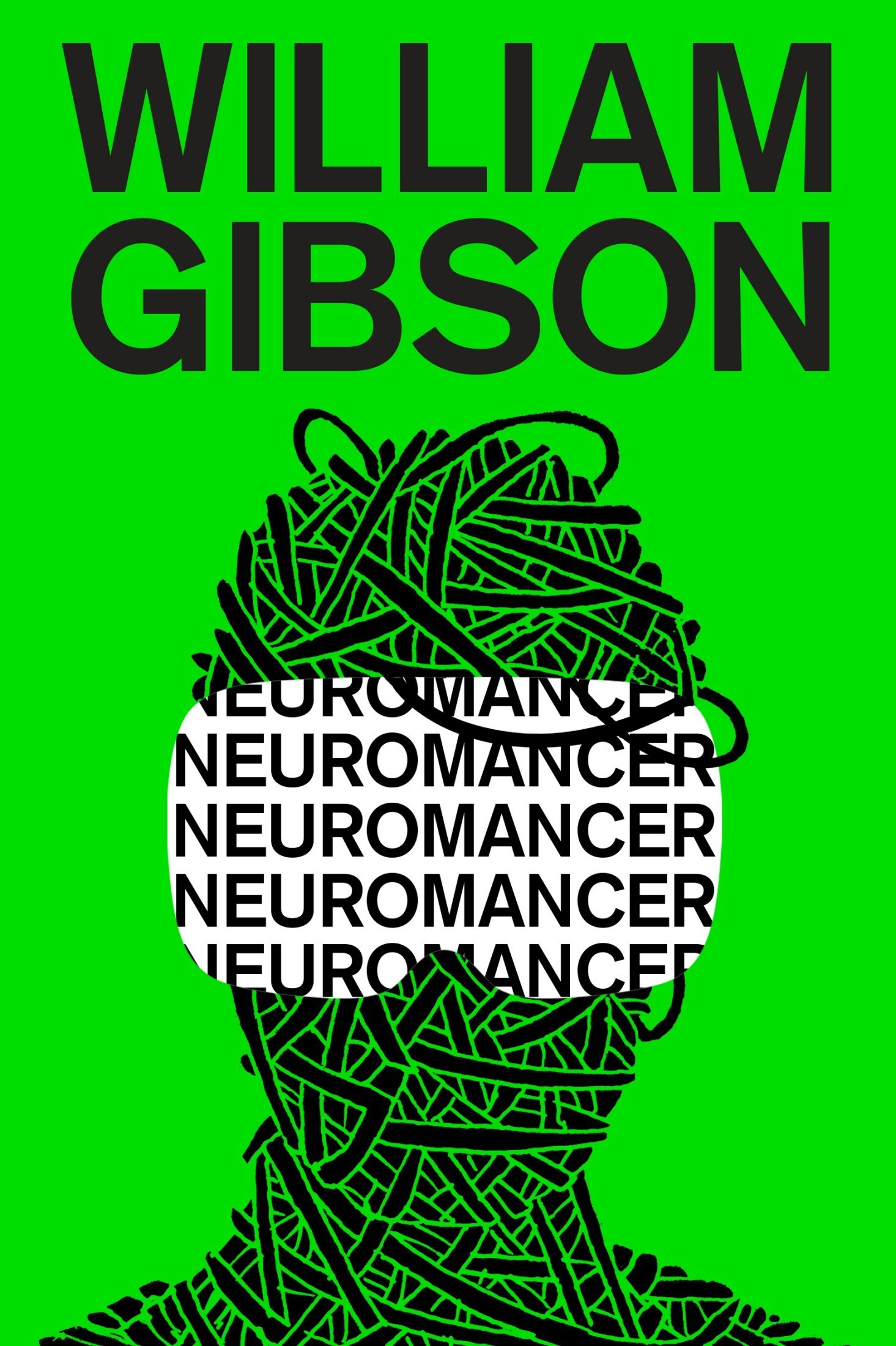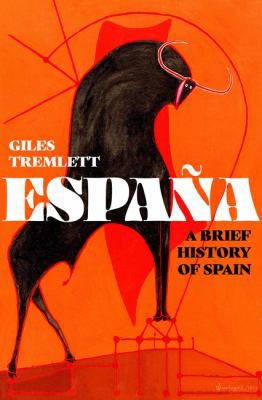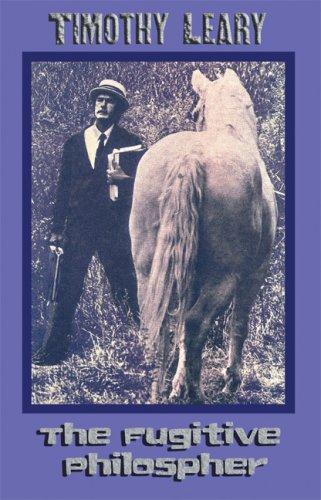I read the highlights after seeing the movie. The movie was terrible and exploitative and just from the bits I read didn't really convey the powerful moment of guilt that Kit has at the climax. It's a completely depressing story but something that resonates deeply. I just wish the book didn't trade so heavily in exoticism and alienation of the people of Morocco. They are merely props to Bowles' story.
User Profile
I'm a slow reader but a thorough reader
This link opens in a pop-up window
Pop Tart's books
User Activity
RSS feed Back
Pop Tart wants to read Anthology of Black Humor by André Breton

Anthology of Black Humor by André Breton, Mark Polizzotti
This is the first publication in English of the anthology that contains Breton’s definitive statement on l’humour noir, one of …
Pop Tart started reading España by Giles Tremlett
Pop Tart started reading The way of tarot by Alejandro Jodorowsky
Pop Tart wants to read The thief's journal by Jean Genet
Pop Tart finished reading The Sheltering Sky (P.S.) by Paul Bowles
I read the highlights after seeing the movie. The movie was terrible and exploitative and just from the bits I read didn't really convey the powerful moment of guilt that Kit has at the climax. It's a completely depressing story but something that resonates deeply. I just wish the book didn't trade so heavily in exoticism and alienation of the people of Morocco. They are merely props to Bowles' story.
Pop Tart wants to read The Fugitive Philosopher (Leary, Timothy) by Timothy Leary
Pop Tart wants to read Ancient Mediterranean Incarceration by Matthew D.C. Larsen
Pop Tart wants to read Hench: A Novel by Natalie Zina Walschots

Hench: A Novel by Natalie Zina Walschots
Anna does boring things for terrible people because even criminals need office help and she needs a job. Working for …
Pop Tart wants to read Nihilistic Times by Wendy Brown
Pop Tart wants to read A Short History of Trans Misogyny by Jules Gill-Peterson
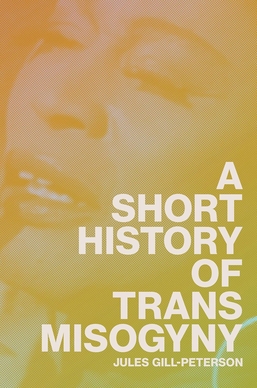
A Short History of Trans Misogyny by Jules Gill-Peterson
The trans panic has not always been with us: it was invented. Award-winning historian Jules Gill-Peterson’s richly detailed narrative takes …
Pop Tart wants to read Dhalgren by Samuel R. Delany

Dhalgren by Samuel R. Delany
When this richly written novel first appeared in 1974, Samuel R. Delany began to sweep up what would eventually exceed …
Pop Tart reviewed They Thought They Were Free by Milton Mayer
He Thought He Was Clever
3 stars
I really loved the first half of the book, where Mayer recounts the events surrounding Krystallnacht in a Peoria-sized town in Germany. He then recounts his conversations over several weeks with folks from that area from a variety of backgrounds. It's an excellent look at each individual's motivations, experiences, and opinions before, during, and after the Nazi era. It's a sober warning that so many thought they were the best years of their lives until the Allied invasion. Most adored Hitler.
In the second half, however, the author starts generalizing about the "German people" and lays out a grand narrative about how they were predisposed to fascism due to geography and social norms. This is despite, however, him earlier in the book continually pointing out that similar prejudices to those against Jews exist in the US towards African Americans. The author is a quaker and I was vibing with …
I really loved the first half of the book, where Mayer recounts the events surrounding Krystallnacht in a Peoria-sized town in Germany. He then recounts his conversations over several weeks with folks from that area from a variety of backgrounds. It's an excellent look at each individual's motivations, experiences, and opinions before, during, and after the Nazi era. It's a sober warning that so many thought they were the best years of their lives until the Allied invasion. Most adored Hitler.
In the second half, however, the author starts generalizing about the "German people" and lays out a grand narrative about how they were predisposed to fascism due to geography and social norms. This is despite, however, him earlier in the book continually pointing out that similar prejudices to those against Jews exist in the US towards African Americans. The author is a quaker and I was vibing with his comments that strains of fascism existed in the US. But he just totally forgets it in the second half and leaves the reader feeling that Germany really was a unique case and they were destined to repeat history.
Pop Tart started reading Say that we saw Spain die by John M. Muste
Pop Tart wants to read Sexology and translation by Heike Bauer (Sexuality studies)

Sexology and translation by Heike Bauer (Sexuality studies)
Examines the shape and shaping of sexual ideas and related scientific practices and cultural representations in parts of Europe, Asia, …

